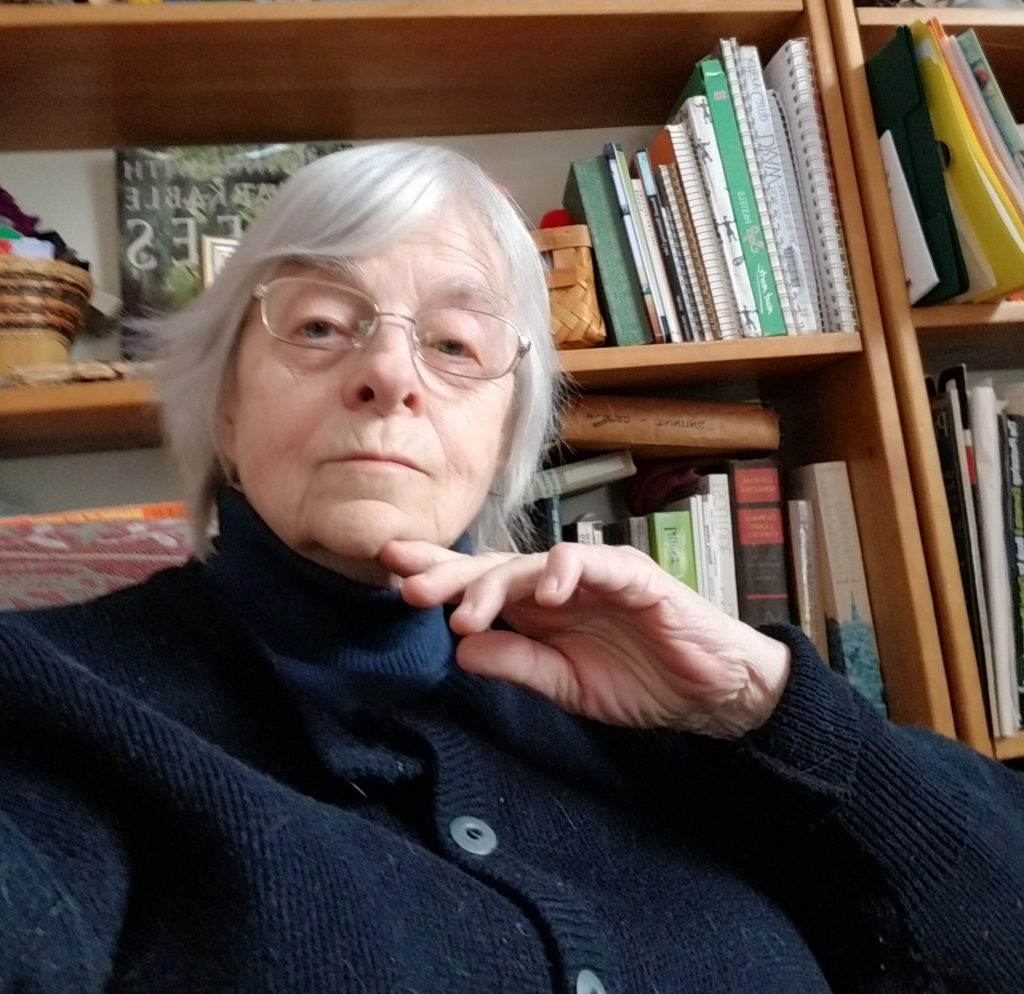Peri McQuay Author and Maker

REVIEWS
Author Peri Phillips McQuay broods on nature with a great love. She and her husband, Barry, must find a new home. Their journey is one to the heart of living, from the Polygala orchid she finds, to the oak tree, to her guest visits of flying squirrels. There is much to be understood from such gentle writing. And even more to be gained from the pattern language of her country life. Diana Beresford-Kroeger –author of The Sweetness of a Simple Life and The Global Forest
She is a skilled writer who can apply her precise and confident prose with equal success to beauty or violence…McQuay knows her land, knows it inhabitants, both plant and animal, like a first language. Because of this she has written a compelling tale about wild places and wild and half-wild creatures and what it feels like to be around them that rings with authenticity. Washington Post
After the death of my beloved husband, I felt challenged by a path ahead which no longer seemed either simple or clear. Without my profound, complex but nurturing marriage, and faced with a solitary future, I could only feel utterly lost.
Dimly, I was aware that I needed to reinvent myself completely. Even more than I had lost my husband, I had lost myself. Over so many years my life had become so entwined with my husband’s that it was inconceivable to do this.
I remembered poet Robert Frost’s poem The Ovenbird and his question: what to make of a diminished thing?
To survive and to prosper, I recognized that I would have to grow into a completely new way of living, but I had no idea of how to do that and I could find very few roadmaps to help me.
For all the uncertainty of forging a new path, there might be something undeniably exciting about discovering the gifts of my new and different life.